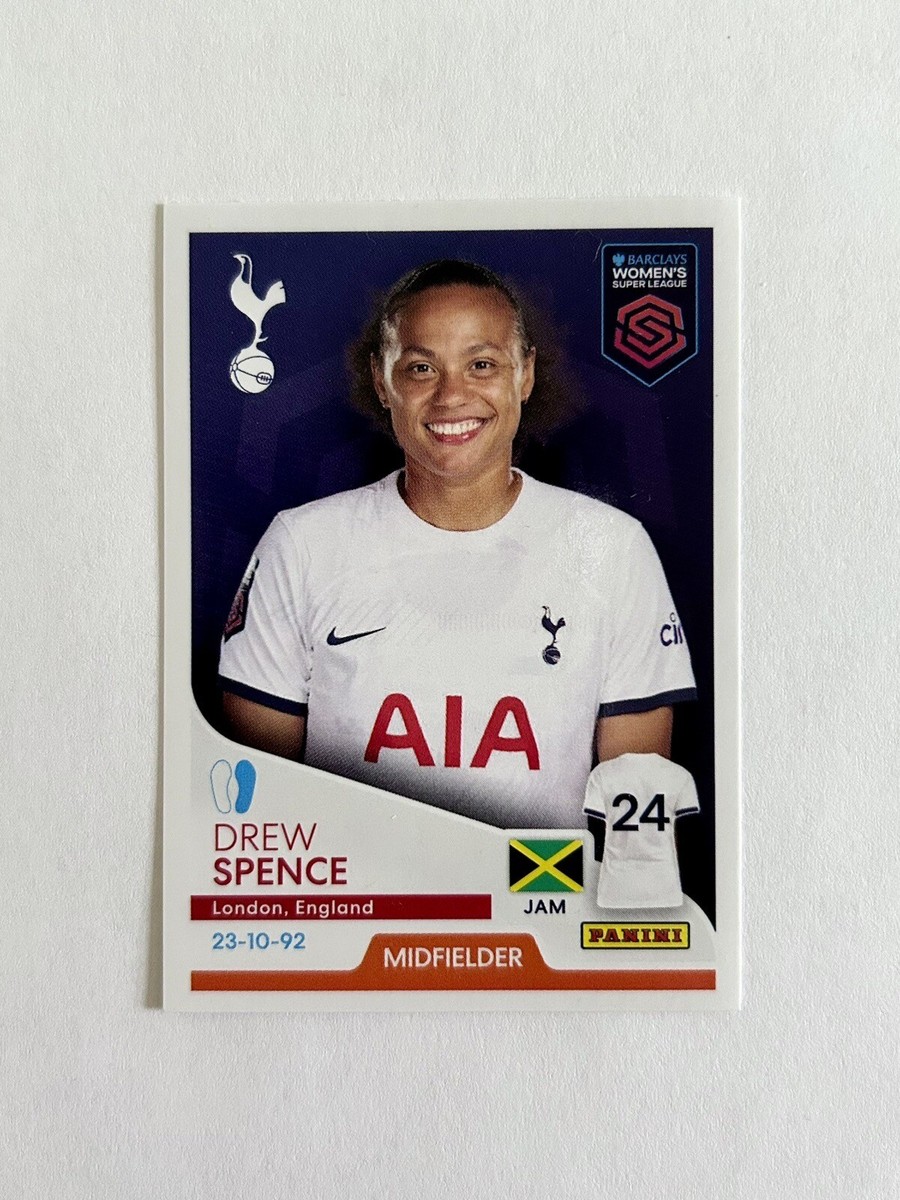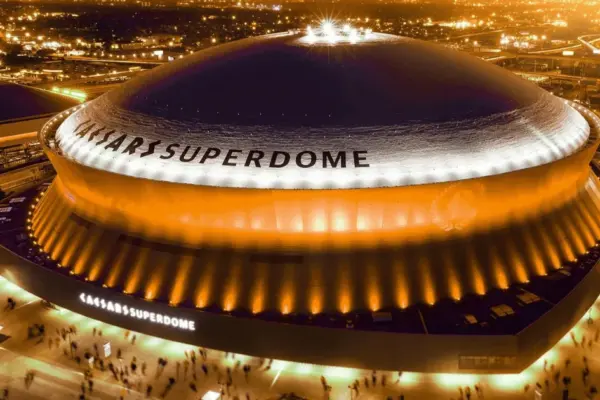
Introduction to the Super League
The Super League, an ambitious project aimed at creating a new elite football tournament, has continued to evoke strong opinions and discussions around the globe in 2023. Its relevance extends beyond just football, as it intersects with issues of governance, fan culture, and the future of club competitions. As the landscape of European football evolves, understanding the Super League’s developments is crucial for fans and stakeholders.
Recent Events and Developments
In recent months, the Super League has seen significant updates. Originally launched in April 2021 as a response to perceived failings in the UEFA Champions League, the project faced immediate backlash from fans, players, and governing bodies. Following this, a restructured plan was put forth, which was met with cautious optimism by certain clubs. This year, it was announced that a new format will be implemented, aiming to include a wider range of clubs while ensuring that the elite maintain a degree of the competition’s structure.
Moreover, in 2023, several high-profile clubs have emerged as interested parties, indicating potential shifts in alliance and competition. Notably, recent negotiations between leading football clubs in Europe and Super League representatives have taken place, leading to speculation about clubs potentially breaking away from domestic leagues to form a more lucrative competition.
Fan Reactions and Governance Challenges
Fan reactions have remained mixed; while some support the idea of a Super League for the financial benefits it could bring, others fear it may erode the traditional values of football. Supporters have continually voiced their concerns through protests and social media campaigns, demanding that clubs prioritise community values over profit-driven motives. Governing bodies, including UEFA and national football associations, have threatened sanctions against clubs engaging with the Super League, further complicating the situation.
Conclusion: The Future of the Super League
The future of the Super League remains uncertain, with ongoing debates surrounding its formation and potential implications. As negotiations continue and clubs reassess their positions, the landscape of European football may be on the brink of transformative change. For fans, understanding the changes within the Super League could provide insights into the direction football governance will take in the coming years. Observers predict that the forthcoming months could be pivotal in determining whether the Super League will become a reality or fade into the backdrop of football’s storied history.
You may also like

The Exciting Location of Super Bowl 2024: What to Expect

Jack Willis: The Rising Star of English Rugby

The Rise of Harvey Elliott in Football
SEARCH
LAST NEWS
- Remembering Wendy Richard: The Promise to Co-Star Natalie Cassidy
- How Did Anglian Water Achieve an ‘Essentials’ Rating for Mental Health Accessibility?
- Shai Hope Leads West Indies in T20 World Cup Clash Against South Africa
- What We Know About Weston McKennie: Future at Juventus and Past at Leeds
- What We Know About the Upcoming Live Nation Antitrust Trial